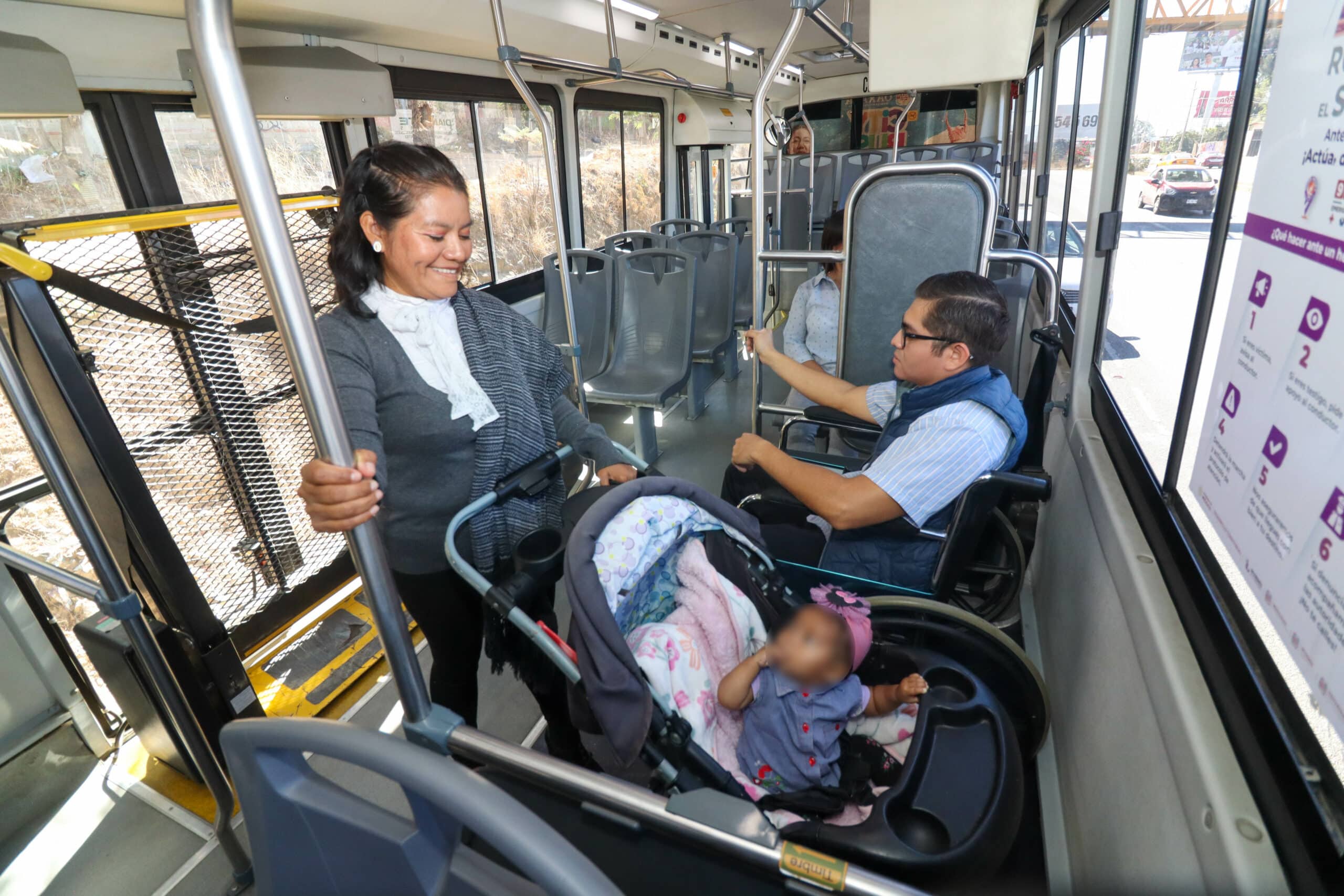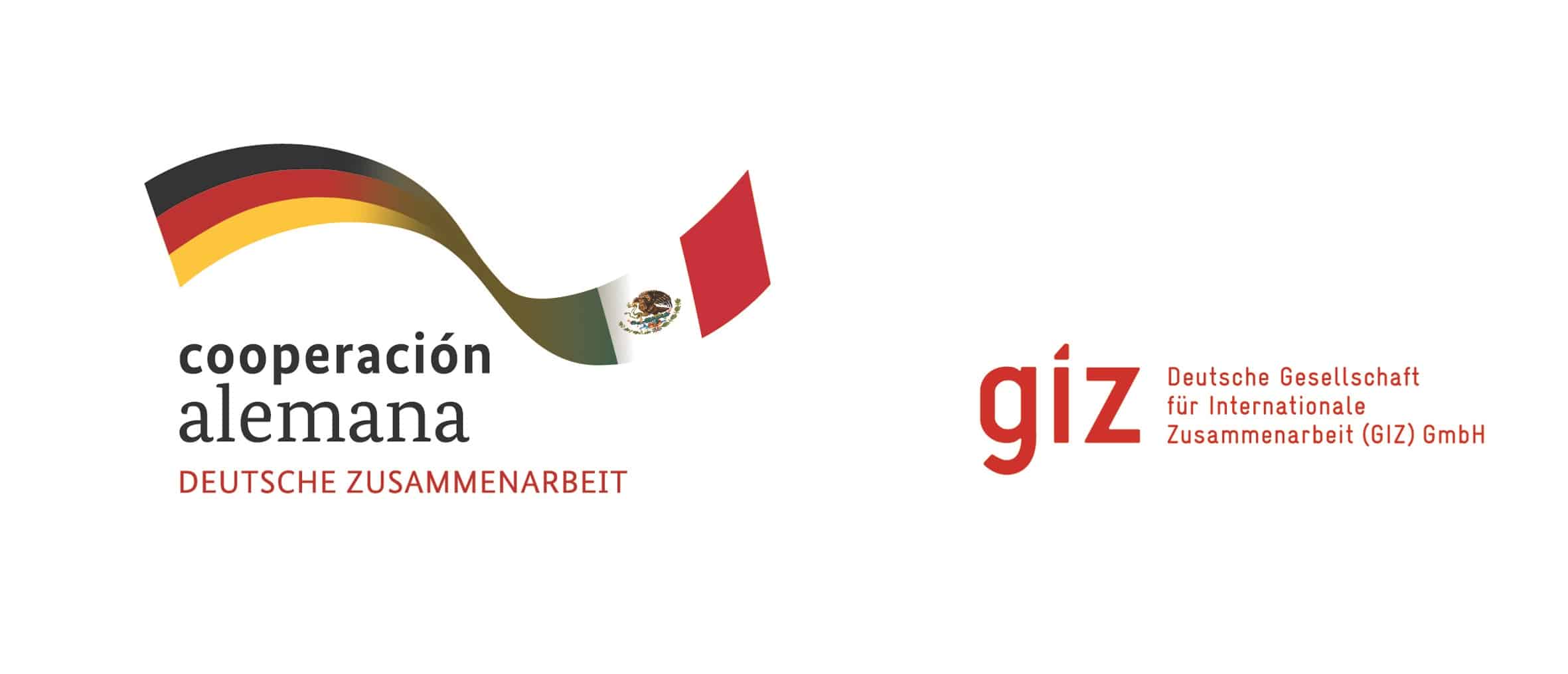TranSIT Mexico
Transition towards an Integrated, Accessible and Smart Public Transport System: Promoting efficient and intelligent public transport in Mexico
Transition towards an Integrated, Accessible and Smart Public Transport System: Promoting efficient and intelligent public transport in Mexico
 © Secretaría de Movilidad del Estado de Oaxaca
© Secretaría de Movilidad del Estado de Oaxaca  © Secretaría de Movilidad del Estado de Oaxaca
© Secretaría de Movilidad del Estado de Oaxaca In Mexico, the transport sector generates more than one quarter of the total domestic greenhouse gas (GHG) emissions. Transport is almost exclusively powered by fossil fuels, which have a negative impact on air quality and global warming. The effects of transport are mainly concentrated in Mexico’s urban areas, where almost 80% of the population lives.
In the coming years, transport emissions are expected to grow faster than all other sectors due to the increase in the number of cars per capita. This growth accounts for several reasons. One of them is the low quality and inefficiency of public transport services, which lack connectivity, have long waiting times, and overcrowded
vehicles. Public transport services are often not accessible and inclusive for everyone, as their design leaves behind disabled people, women, children, and other vulnerable groups. Furthermore, public transport is perceived as unsafe, as it is a space where crimes such as muggings, robberies or sexual assaults take place. Finally, the COVID-19 pandemic led more people to use private transport to avoid infection.
In addition to these causes, at the decision-making level, local governments often lack the information and technical capacity to implement smart and environmentally friendly public transport systems.
 © Secretaría de Movilidad del Estado de Oaxaca
© Secretaría de Movilidad del Estado de Oaxaca TranSIT aims to develop solutions at the national and subnational level around three areas:
Development and improvement of decision-making tools and strengthening of professional competencies of public transport employees in the public and private sector.
Implementation of demonstration projects to create hands-on experience at the subnational level and empower actors to independently apply further improvements and replicate measures.
Dissemination of experiences and lessons
learned from the demonstration projects in exchange networks.
Throughout the implementation of the demonstration projects, TranSIT engages in the following cross-cutting topics:
The collection and analysis of transport data allow for a better understanding of mobility needs, and thus, for evidence-based decision-making on efficient transport management. Digital solutions can greatly contribute to accessible, safe, connected, and multimodal public transport services.
The principles of equity, safety, accessibility, and care must be part of a public transport system that is suitable for all people. Therefore, the gender perspective will be integrated into the planning and operation of public transport systems.
Appropriate and innovative finance mechanisms and instruments as well as access to finance are crucial to investing in a smart, social, and climate-friendly public transport system.
Electrification is one central pillar for decarbonising the transport sector and consequently, improving air quality, and reducing noise levels and GHG emissions.
Road safety is essential to the well-being of individuals and communities. Public transport systems can help to reduce road traffic risks and accidents by offering safer and more convenient mobility services than private cars.
 © GIZ
© GIZ Click here for the TranSIT-Website.
Download the TranSIT Factsheet to find out more.

E-Mail Address:
info@transformative-mobility.orgYou need to load content from reCAPTCHA to submit the form. Please note that doing so will share data with third-party providers.
More InformationYou are currently viewing a placeholder content from Turnstile. To access the actual content, click the button below. Please note that doing so will share data with third-party providers.
More Information